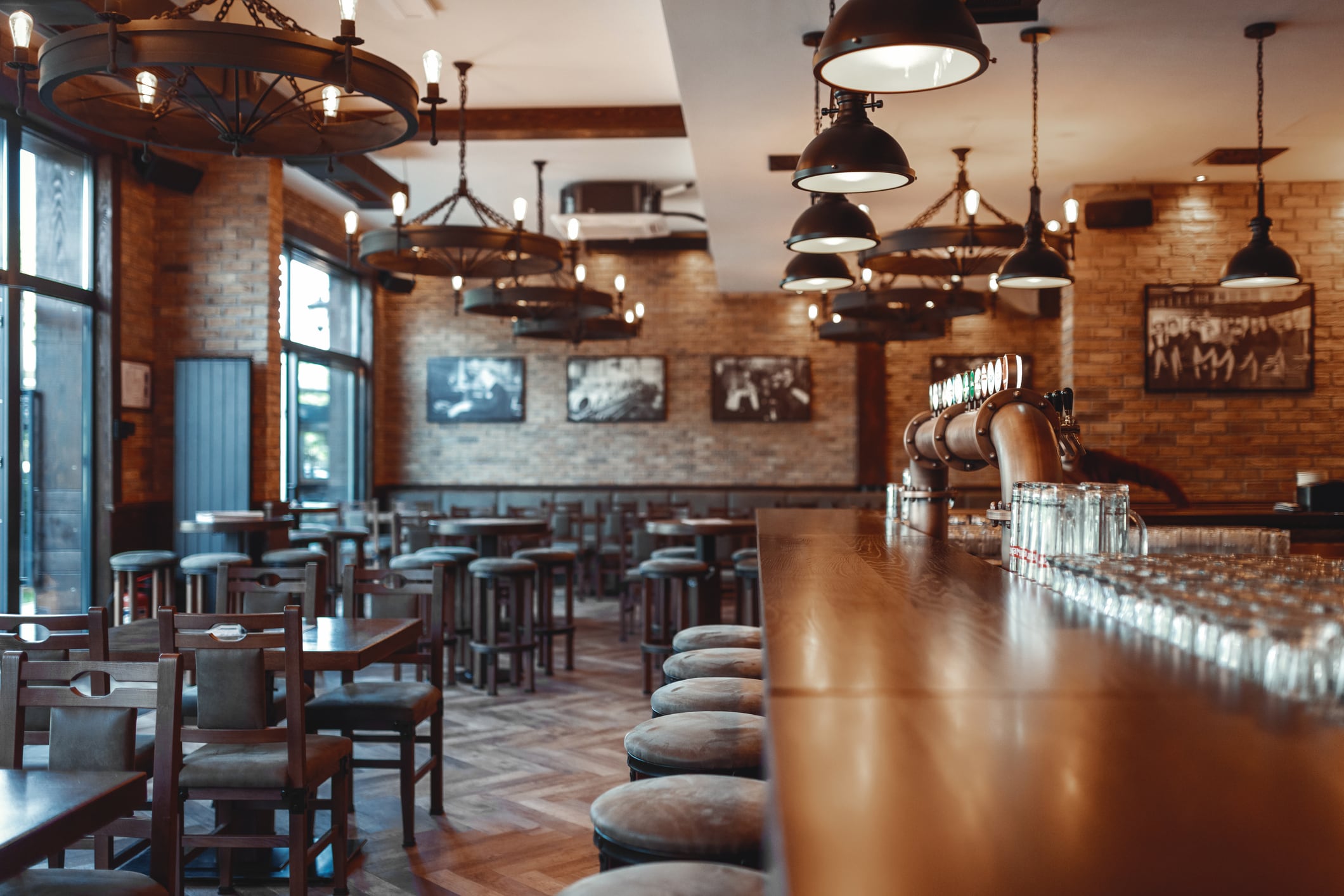In comparison, turnover stood at £16.7m for the prior year.
The brewer and pub operator further reported a loss before tax of £424k, narrowing from a loss of £1.2m the previous year.
Operating profit turned from a loss of £674k to a £189k profit.
Progress during the year was ‘mixed,’ according to the group’s latest accounts on Companies House.
This was attributed to continuing high energy costs, election jitters, and an unseasonably wet summer.
Raising funds
Overall, sales remained at the level of the prior year, while trading cash flow was positive and the company’s cash position remains strong.
Brewhouse & Kitchen’s most recent freehold acquisitions – Cardiff, Southsea, Worthing, and Chelmsford – all matched or exceeded expectations.
The business sought to raise funds by means of a Rights Issue, with the goal of raising £4.1m to expand the estate and increase the attractiveness of the business. However, it only raised £1.2m, due to subdued investor appetite for the sector.
Despite a pause on expansion, the group continues to invest in mature sites, for example adding 14 hotel rooms to transform its Southbourne location into a brewpub with rooms.
It has also repositioned some of its smaller high street sites into a ‘more viable’ craft house format, taking out the costly microbreweries and then providing a more relevant and modern street food offering. It has also introduced a delivery service from the craft houses.
During the first 35 weeks of the current financial year, like-for-like sales increased 2.5%.
Inflationary pressures
The company entered into a new £4m loan facility on a five-year term provided by LHV Bank to refinance in full the existing loan provider.
Furthermore, its existing loan with Barclays Bank has also been extended a further five years.
Despite continued inflationary pressures, Brewhouse & Kitchen expects the market to “settle and stabilise” in the next two years, director Kris Gumbrell said in his statement accompanying the accounts.
The group continues to focus on improving efficiency and productivity while protecting margins and profitability.
With a premium, established, and mainly freehold business, it is “ready to take the opportunity to expand when conditions improve.”
- This story was originally published in The Morning Advertiser’s sister publication MCA here.




